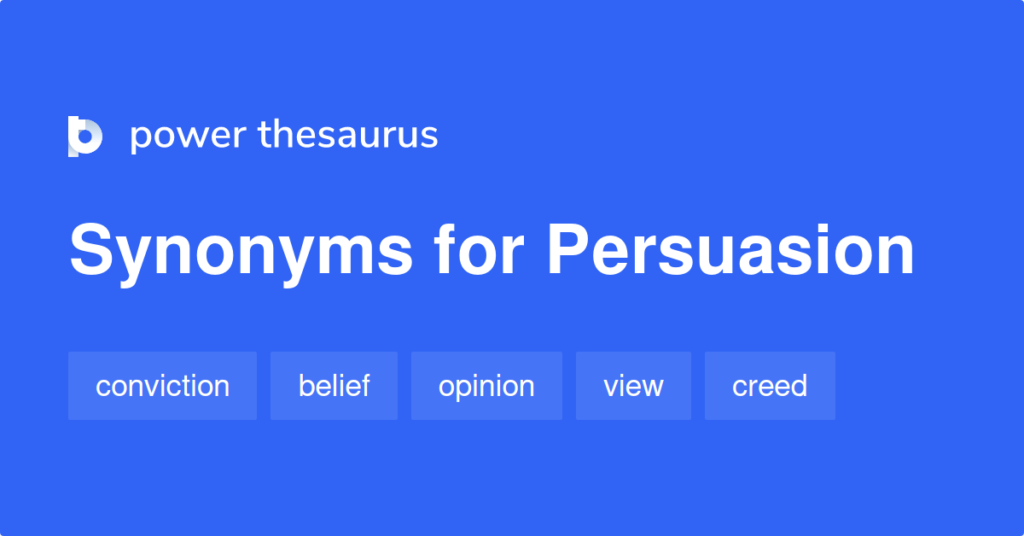
A Mystery Story Series: Part 2
Lear.
Dost thou know me, fellow?
Kent.
No, sir; but you have that in your countenance which I would fain call master.
Lear.
What’s that?
Kent.
Authority.

One of my favorite characters in all of literature is Kent from King Lear, and he has one of my favorite lines, “You hath that in your countenance that I would fain call master.”
A simpler linear portrayal of authority: see face, offer allegiance. But not out of date completely as post-election narratives frequently mentioned Trump’s lumpy spray tanned visage as a source of authority to his crowds.
In the previous post in this new series on sources of authority in our lives, the investigation sought the source of the authority that led to the voting decisions that elected DJT. And we couldn’t make the case that the ‘InterWeb’ did the deed. The NYT published two recent article that simultaneously portray the confused state of voter feelings and the tendency to claim causation where only correlation and maybe even just coincidence is actually proven. The first article shows the difference between Trump’s claim of a huge mandate and the polling of what voters actually want. This is the key quote for me:
‘You go down the line of all these policies and you find high levels of opposition, and it reflects that, for many Americans, they weren’t voting on specific policies,’ said Prof. Tatishe Nteta, the director of the UMass Poll.
But the other article, a boast-fest by Trump campaign officials, argues that highly targeted digital advertising towards “highly persuadable” potential voters made the difference. In other words, the InterWeb did the deed, was the prime authority in the election. The article is well worth a read.

But in this post, we keep digging as to what the mechanism would be if this often repeated accusation that voters heeding messages from the right-wing sound system explains why they ended up choosing a convicted felon, verified sex assaulter, and indicted insurrection inciter to be the 47th President of the USA.
Many on the left of the political spectrum believe that the real authority for the mass of voters was/is various right wing sources: Fox News, Breitbart, NewsMax, and now Joe Rogan who has been anointed as a prime evil influencer. Consider this post on Threads as an example of how he is viewed:
“If you’re getting your news from Joe Rogan – let me know – so I can snap-block your sorry ass.”
Or this one laying out the supposed formula of indoctrination more specifically:
“People watch Hollywood movies, and then turn on FOX News and Joe Rogan, who tell them to enjoy the movie but ignore Hollywood political messaging. That’s why celebrity endorsements have become as worthless as newspaper endorsements. The Republican media machine has become the filter through which much of the public views the legacy media. Why is it so hard to admit that the Republican project to transform the media and cultural landscape has succeeded?“
There are milder versions of this ascribing of authority to such sources as evidenced by a recent New Yorker article A Kamala Harris Canvasser’s Education
“Trump was broadcasting on some direct wavelength with his followers, and he had drawn them into his alternate universe of looming economic disaster, menacing migrants, and outrages perpetrated by Democrats against their children, which only he was visionary enough to see and strong enough to combat.”
And central to this belief is that people can be persuaded in this way through the various outlets mentioned above. One (but only one) of the reasons we think they can be persuaded thusly is because we believe that they are ignorant.
This model despite its contradictions has been popular for a long time at least since Theodore Adorno in 1950:
“All modern fascist movements… have aimed at the ignorant; they have consciously manipulated the facts in a way that could lead to success only with those who were not acquainted with the facts. Ignorance with respect to the complexities of contemporary society makes for a state of general uncertainty and anxiety, which is the ideal breeding ground for the modern type of reactionary mass movement.”
— Theodor Adorno, The Authoritarian Personality (1950)
We find it difficult to rationalize the ways in which people who clearly don’t fit into the category of the ignorant and uninformed also support these authoritarian leaders. The esteemed Carl Sagan was a prophet of this view specific to the way in which technology would prey upon the ignorant.
“…when awesome technological powers are in the hands of a very few, and no one representing the public interest can even grasp the issues; when the people have lost the ability to set their own agendas or knowledgeably question those in authority; when, clutching our crystals and nervously consulting our horoscopes, our critical faculties in decline, unable to distinguish between what feels good and what’s true, we slide, almost without noticing, back into superstition and darkness…. The dumbing down of American is most evident in the slow decay of substantive content in the enormously influential media, the 30 second sound bites (now down to 10 seconds or less), lowest common denominator programming, credulous presentations on pseudoscience and superstition, but especially a kind of celebration of ignorance”
― Carl Sagan, The Demon-Haunted World: Science as a Candle in the Dark
But there’s a problem with that facet of the model applied to Trump persuasion, and it’s a pretty obvious one looking at the data: many of his voters are actually pretty smart using conventional measures. Noah Carl published a study, Cognitive Ability And Party Identity In The United States that disputes such a finding: much of the IQ difference is either overstated or just not there. Anti-intellectualism has little to do with intelligence according to David Niose, an attorney and author of Fighting Back the Right: Reclaiming America from the Attack on Reason. He points out “there is little evidence to support the notion that the American people are stupid. … it is difficult to find any that suggest Americans are lacking in IQ compared to those in other countries.”
These are 2014 and 2020 references, but Republicans have supported him almost unanimously for eight years. Sticking with “those people are stupid and listen to Fox New” is why they voted for is a dead end.
But don’t people want to get the truth?
Short answer: No
Longer answer: Tim Harford (who was introduced to me by Tom Chivers via UnHerd) points out in his book How To Make The World Add Up that quite often, no matter the ,level of lour intelligence, we aren’t all that interested in being right — or, rather, in having true beliefs. “Maybe this sounds absurd,” he says. “Don’t we all want to figure out the truth?” But often, believing things that are true is of much less importance than believing things which are socially acceptable. He gives the example of climate change, and farmers in Montana. Montana is a conservative, Republican-voting state; climate change is a politically charged term.
Montanan farmers see the impacts of climate change all the time, in failed crops and bad harvests. But expressing a belief in climate change comes at a social cost — a Republican farmer could easily be ostracized by her friends if she does it. There is essentially zero cost to saying the opposite, though, because — even if climate change is real — what can you, as one of nearly eight billion contributors to it, actually do? “

Steve Pinker argued for this view more succinctly: “People are embraced or condemned according to their beliefs, so one function of the mind may be to hold beliefs that bring the belief-holder the greatest number of allies, protectors, or disciples, rather than beliefs that are most likely to be true.” Who do these people want as allies us or them? The people who treat them or are perceived to treat them as lesser, or the people in the trenches with them as nice as those trenches may be for many? Before answering, consider how the campaign of celebrity endorsements and high-minded appeals to save democracy and a woman’s right to choose ended up.

It’s not a trick question. I think the ‘persuadables’ didn’t need much persuading; there were other forces that served as a more potent source of authority regarding this decision. The vibrations from the InterWeb reassure rather than reframe this cohort. After all, a comfort blanket makes us feel less alone, more protected in our beliefs and choices. But does the genesis of those judgments and convictions lie elsewhere? I have a hunch that it does for many of those who voted differently this time than in 2020 and next time, I’ll follow that lead.

